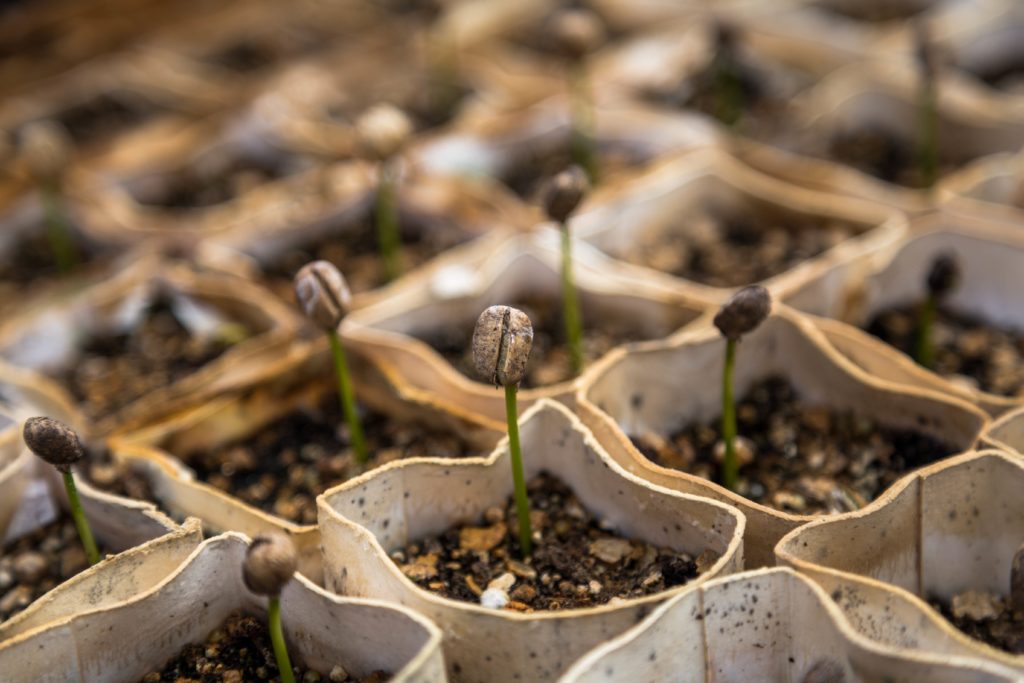I recently read this challenging book called Dangerous Territory by Amy Peterson, and in celebration of the book’s release, the author is hosting a blog link-up for people to tell their stories of trying to save the world, or how a cross-cultural interaction widened perspective. The latter is the story I have to tell.
Last week, I wrote a guest post for my friend Carol about how I became a friend to refugees. I’m abridging that story here. So, if you’ve already read her post, this is a repeat. (But you can visit the blog link-up to read other stories like this!)
I was not always a friend to refugees.
Maybe I could have told you what—or who—an immigrant was, but I don’t know that I could have attached a name to a living, breathing person with this status.
This transformation was a gradual process, like water shaping rocks. Unnoticeable day-by-day but when compared years apart, the difference is obvious.
It might have started when my family visited Ellis Island and the Statue of Liberty. We grew up in the Midwest, so we were eager to visit these sites after moving to Pennsylvania. I remember standing in the massive room, empty except for a few tourists, imagining it packed wall-to-wall with immigrants. I read the words about their experiences, saw the pictures.
And then my husband and I decided to try to find his great-grandparents. You can search for people by name, and though we hadn’t been married long and the stories of their arrival are not ingrained in my history, I wanted to find this couple on a ship’s manifest. They were my kids’ ancestors, after all, and I know little about my side of the family’s origins.
Seeing their names awoke something in me as I imagined what it was like to arrive on these shores, tired, poor and uncertain.
If that’s where it started, it would be many years later for that seed to become noticeable fruit.
HOW LOVE BROKE THROUGH
I didn’t become an advocate for refugees overnight. I learned late in life to use my voice for those who didn’t have one. I avoid conflict. I don’t like crowds. And I’m a recovering people-pleaser. These are the sorts of things that work against me whenever I want to lend my support—vocally, physically, monetarily—to a cause that can be controversial.
I used to be afraid that if I opened my heart to care about something—especially something heartbreaking—that I would suddenly need to care about everything and my heart would literally break and I would not be able to go on with life.
And I won’t lie. Sometimes it feels like that. But I wouldn’t trade a tender heart for a stone-cold one, even when it hurts.
So, I opened my heart a tiny little bit. I gave myself permission to cry over something that didn’t directly affect my life, for people I had never met, might never meet.
I let my heart break a little, and that’s where love broke through.
DO SOMETHING, NOT EVERYTHING
I can’t list all the steps in this transformation, but I can tell you a few stories. As my heart opened slightly, I started reading the news again, and when a picture circulated of a little Syrian boy, dead in the arms of his father on the shores of Greece, the crack in my heart widened. How could I do nothing?
But what do you do when you want to care but don’t know where to start?
That same summer my husband and I went to Kenya with a team from our church. I had never been to Africa and it had been 15 years since I had flown internationally. During the flight, we read the International New York Times, whose front page is drastically different than ours. We read about a Greek island overrun with refugees because it is the first landfall they make when they attempt to cross the Mediterranean, seeking safety.
Why hadn’t we heard about this before?
Maybe we had, but we weren’t paying attention.
During our stay in Kenya, we visited a refugee camp, one where Kenyans had been displaced from another part of the country. It had been a decade but most were still living in mud-walled homes, some perched on the edge of a dry riverbed that would flood during the rainy season. We entered these homes. We worshiped God with them. We prayed. We held their hands and looked in their eyes and it dawned on me: These are refugees.
When we left Kenya a few days later, we shared a plane with refugees leaving Rwanda. Congolese refugees, I imagine. They were large in number and somewhat disoriented by the journey. One woman tried to leave the plane as we flew from Brussels to New York. She was sedated and later questioned by port authority when we landed. I didn’t understand what was happening at the time, but when I think about it now, it makes perfect sense.
Would I not also be distressed and overwhelmed if I had lived all my life in one area of the world and was suddenly being whisked away to another part of the world, never to see my home again? Never mind being on a plane flying over the ocean. Never mind not knowing the language.
My re-entry to the American way of life was rough. I thought it would be no big deal to get on with my life after visiting Kenya, but I couldn’t stop thinking about the people. I’m not a person prone to violent outburst but I nearly shouted at someone in the Costco parking lot when they wouldn’t walk their cart to the corral because it was raining.
Do you know that there are people living in mud houses that could be swept away in the rainy season? Do you know that they walk miles to church? That they walk home from work uphill after a long day on their feet?
But they didn’t know because they hadn’t seen, just as I didn’t know because I hadn’t seen.
There was a part of me that wanted to go back to Kenya right away. I dreamt of booking a flight I couldn’t afford, of becoming a missionary or a teacher or whatever I needed to, to get back to Kenya. I dreamt of taking my kids on their first international trip, of showing them a world I had come to love.
But we are not wealthy and I will not go back to Kenya on the support of others. Nor could I realistically give up my life here. I am not actually “called” to be a missionary, not the kind that moves across the world permanently. I needed to do something right here, where I live.
Some friends connected me with a refugee resettlement organization in our city. I attended a volunteer training session one night. By myself. In the city. And I walked away energized but with little direction.
I continued to learn and to read and to pay attention. These are the foundations for change, I think.
Months later, I finally found my place in volunteering with this organization. I showed up one Tuesday and met a beautiful family from Congo. They re-awakened everything I had loved about our trip to Kenya. We became fast friends.
And I had found the work that made my heart come alive.
I always tell people I have no special skills when I volunteer. I show up and be a friend. Mostly, though, I’ve learned that if something disturbs, you don’t have to do nothing. You also don’t have to do everything.
You can let your heart open just a crack and see where it leads you.


Your writing has always being very incisive. I enjoyed every bit of time I have to spared to read your blog. Please keep writing!
Thank you so much!